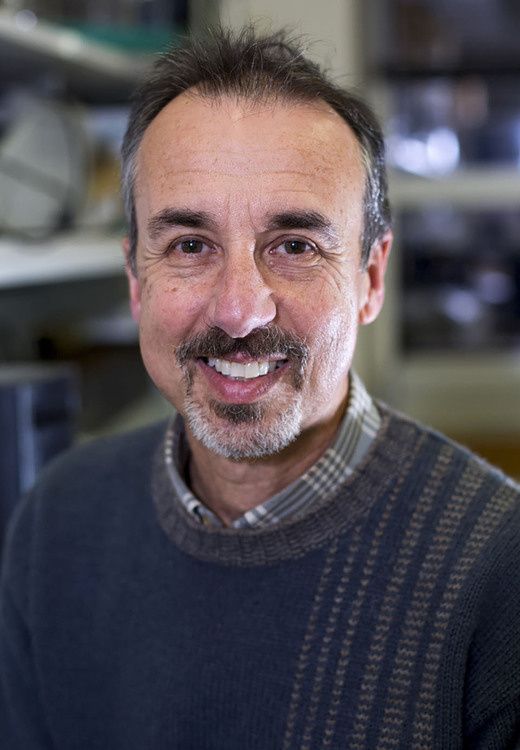
AMR Seminar: Eduardo Groisman, Yale University
Cornell Center for Antimicrobial Resistance Research & Education Spring Seminar Series 2025
Title: Protein homeostasis during bacterial infection
Speaker Bio: Eduardo A Groisman is a native of Argentina. He received a MS in Biochemistry from
the University of Buenos Aires and a PhD in Molecular Genetics and Cell Biology from
the University of Chicago (under Malcolm J Casadaban). He conducted postdoctoral
training at The Scripps Research Institute (under Fred Heffron) and UCSD (under
Milton Saier). He was a member of the Department of Molecular Microbiology at the
Washington University School of Medicine from 1990 to 2010. He has been a member of
the Department of Microbial Pathogenesis at the Yale School of Medicine since 2010.
Groisman investigates how bacteria respond to stress conditions faced inside and
outside mammalian hosts. His laboratory discovered the first Mg2+ sensor, first Fe3+
sensor, first cation-sensing riboswitch, first riboswitch controlled by transcription
termination factor Rho, first example of a translation factor that functions without
hydrolyzing GTP, and first example of protein phase separation being required for
bacterial fitness. His laboratory has also solved the mechanisms by which virulence and
anti-virulence genes control the course of Salmonella infection. His current research
seeks to uncover new principles of protein homeostasis that govern energy utilization
and susceptibility to antibacterial agents.